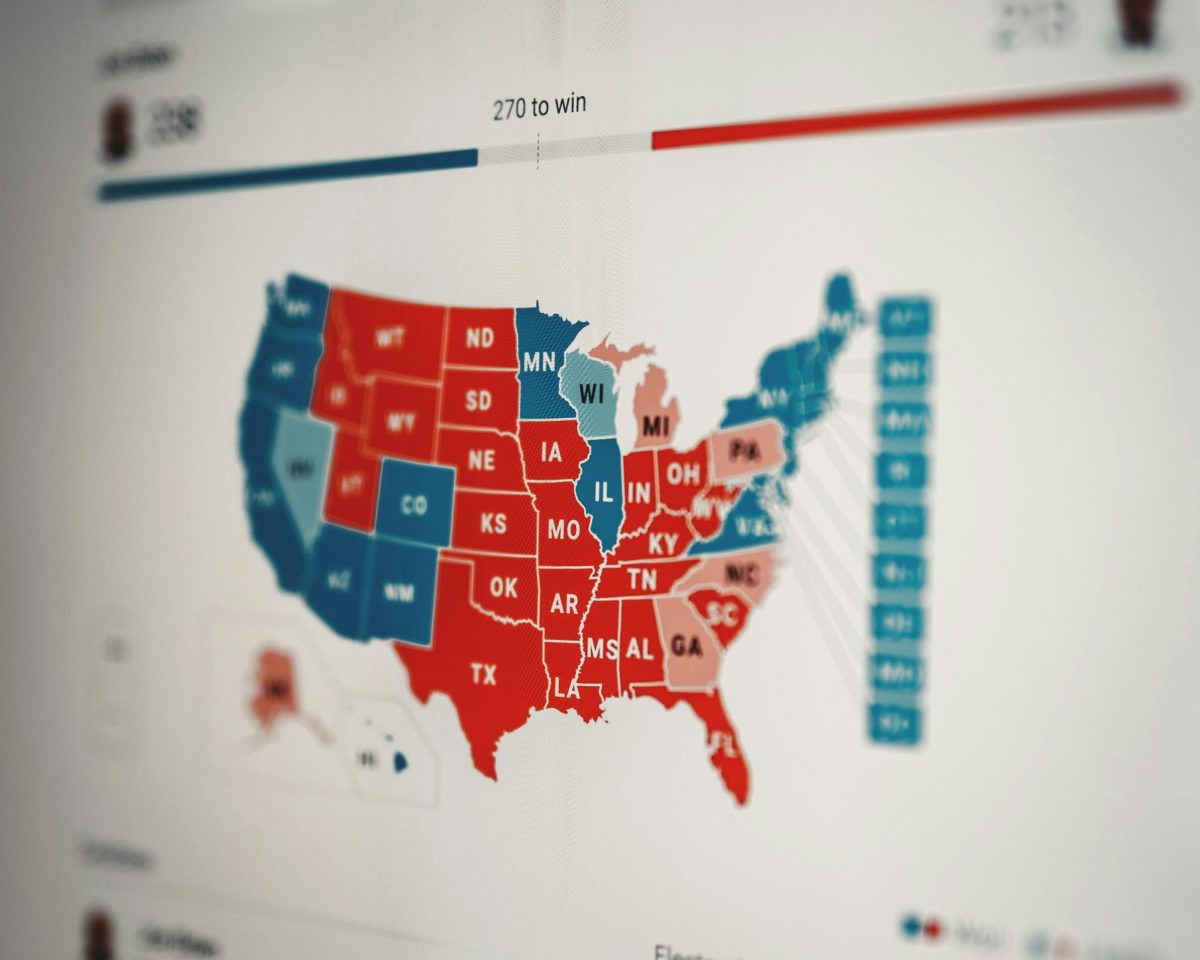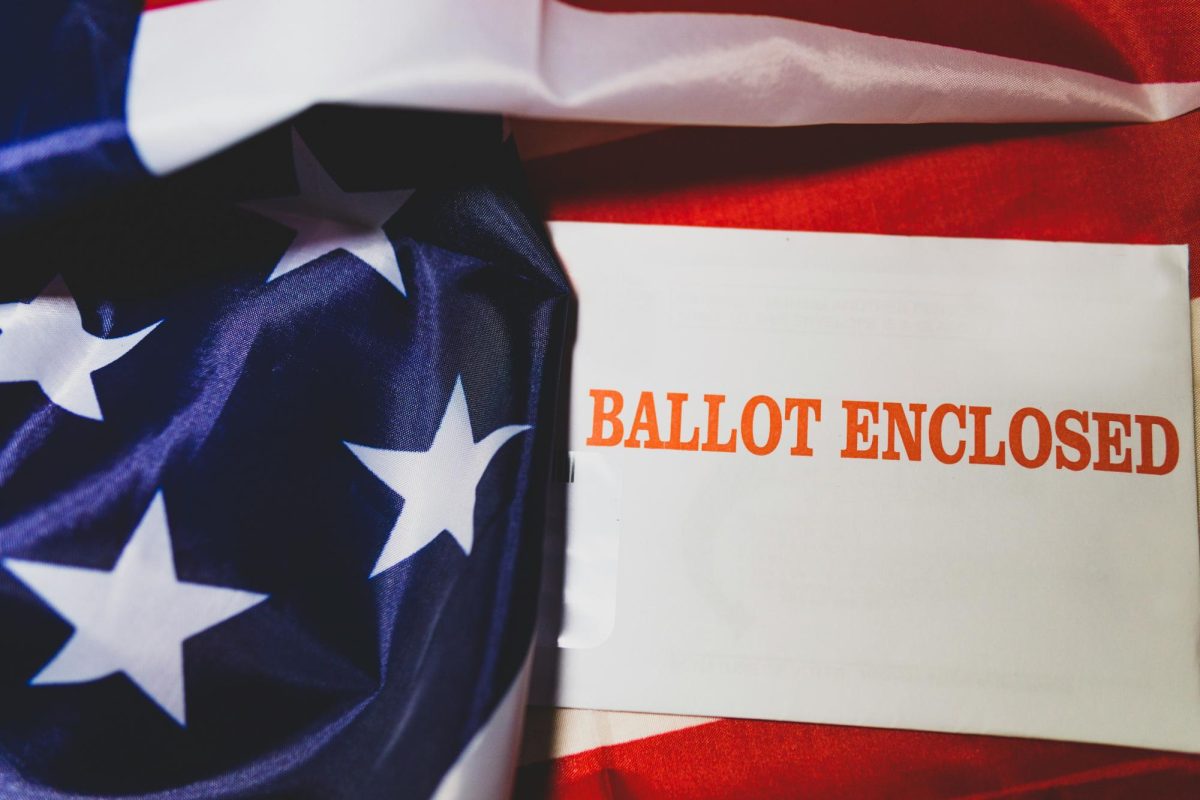The voting age should not be lowered to 16 because most teenagers are not ready to make long-term political decisions. At 16, teenagers like myself are still in high school, and it’s easier for parents, peers, and the media to influence and affect the independence of our choices. Voting requires a level of thinking for yourself, others, and real-world experience or problems that are faced by the voter daily. Although the ages between 16 and 18 seem close, there are two more years of life experience, harder obstacles, and big steps in life, such as driving and applying for colleges, that are usually big concerns for people our age. By keeping the voting age at 18, voters have more time to gain life experience, take on more adult responsibilities, and think about the broader impact of their political decisions.
Another reason why the voting age should not be lowered is practicality. By allowing 16 and 17-year-olds to be able to vote, there would be changes to the voting system, like updating the voter registration process and educating younger teens about elections. Also, there are many other concerns in a teenager’s life, voting or having a concrete independent political opinion is one of the many things on their plate, but not high enough to take action. Many teens may not even vote in the election, and those who do may not give as much thought to their vote, which makes their decision feel less serious in an election and in politics overall.
On the other hand, there are other people who will say that 16 and 17-year-olds are already engaged enough in society and deserve to have a say in laws that may affect them. Many have jobs, pay taxes, and drive, all of which come with holding a certain level of responsibility. Policies on education, climate change, and gun safety, which are issues that shape the future of their lives, deserve to have people directly affected by these issues voting on the issues. Lowering the voting age would empower younger people to participate in politics and democracy at an earlier age, helping them develop lifelong voting habits and ensuring that their individual perspectives are included in shaping the nation’s future.

